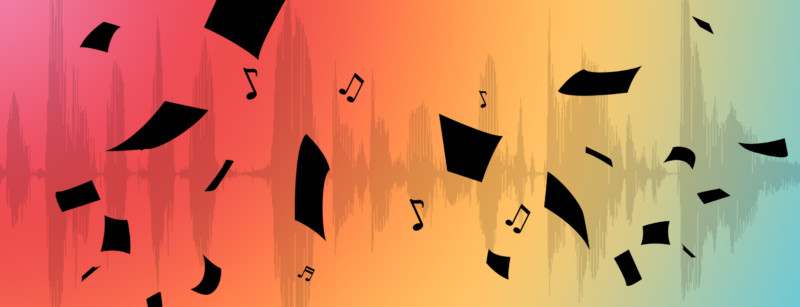
Lately, CJR has been thinking critically about criticism—about who gets to critique, to criticize. In a series, we’ve considered the role of social media, the responsibility of a critic in the age of #MeToo, and the business of an institution meant to cover art. We’ve looked at what works, what doesn’t, and what’s simply absurd.
See the full list of stories below
Critics aren’t special. They have no formal training. They receive no license to pass judgment. They may be easily blinded by biases that arise from their lived experience. They tend not to make very good pay. What is it that they even do, exactly? “The role of the critic, I repeat, is to mediate intelligently and stylishly between a work and its audience; to educate and edify in an engaging and, preferably, entertaining way,” Daniel Mendelsohn writes in “A Critic’s Manifesto.” They’re there to tell you what it is you’re looking at.
But what’s the point? On the hunt for a good taco, why check The New York Times when you can refer to Yelp reviews? An expert’s take pales in comparison to the wisdom of the crowd. The internet has transformed reviews—in form, in function, in perception.
Before social networks, a positive review could elevate a little-known, musician, releasing her from the pains of obscurity. Now she can manage her career on Instagram. A negative review that exults in its cruelty—once tossed in the bin and forgotten—can acquire a certain cachet online, driving more attention to work that should receive none. In her recent Bookforum review of Bret Easton Ellis’s White, Andrea Long Chu wrestles with the impossibility of talking about something without giving it oxygen:
I could write an incensed review that fiercely rebuts White’s many inflammatory claims, thus giving the impression that they should be taken seriously; if my review were to go viral, it would likely trigger more bad coverage on pop-culture websites like Vulture and Vice; Bret Easton Ellis might trend for a bit on Twitter, where we would all take our best shots at dunking on this dude; and at the end of it all, the author would get to feel relevant again, and maybe finally write a movie that people actually liked. But why bother?
Do we need professional critics? There is something useful they can do: show people what’s missing in their culture. A great critic takes a vague sense of lack in society at large, turns it into the crisp outline of an absence, and reflects it back to us. Critics who rise above the cacophony of extraneous opinion take something too big or habitual to be seen, make it bite-size, and then show us its scale. They begin with an object—a book, a piece of art, a song—and end by making a persuasive argument about the society that produced it.
Pieces of meaningful criticism can be simultaneously prescient and ridiculous, verging on alarmism. But often, exaggeration is needed to show off the finer points: Rising rents in New York become “the systematic, wholesale transformation of New York into a reserve of the obscenely wealthy and the barely here—a place increasingly devoid of the idiosyncrasy, the complexity, the opportunity, and the roiling excitement that make a city great.” Grocery delivery is “late capitalism at its most pernicious.” And cursive handwriting—“a streaming ribbon across the page”—represents “intellectual competence, identity, and even morality in the age of its decline.” As Thomas Bernhard writes in Extinction, “Without the art of exaggeration…we’d be condemned to an awfully tedious life, a life not worth living…To explain anything properly, we have to exaggerate. Only exaggeration can make things clear.”
We hope you’ll appreciate our examination of the critical world, with new pieces published online each day this week. — The Editors
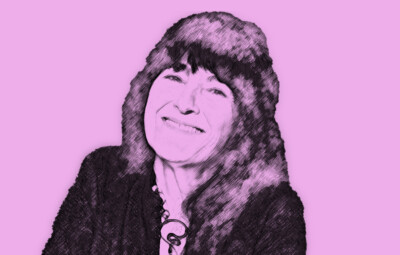
The Monday Interview: Ruth Reichl
By Tyler Coates — August 5, 2019
One of the defining voices in American food culture on 40 years in journalism—and what’s missing from Instagram restaurant pics.
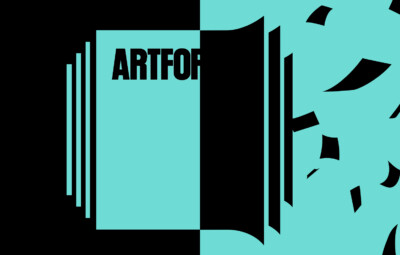
The Decisive Moment
By Kyle Chayka — August 6, 2019
David Velasco, the new editor of Artforum, deals with the aftermath of the magazine’s #MeToo scandal

Becoming Your Own Gatekeeper
By Hafizah Geter — August 6, 2019
Glory Edim, the founder of Well-Read Black Girl, on Black literature’s place in American culture.
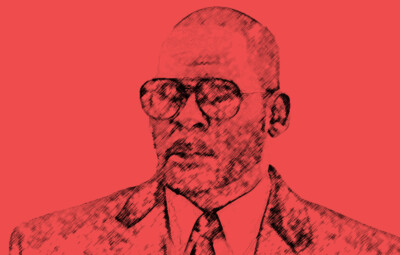
How the Media Helped R. Kelly
By Alexandria Neason — August 7, 2019
Evidence has been accumulating against R. Kelly for decades, but music writers often reviewed his music without listening to allegations that he sexually abused minors.
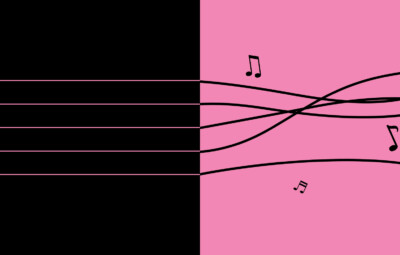
Listen With Me
By Cherie Hu — August 7, 2019
As classical music faces a changing world, so do its critics.
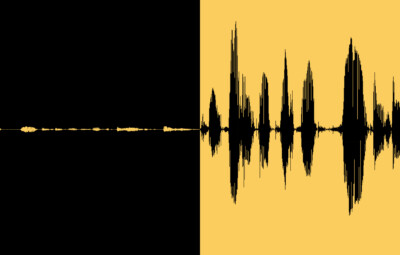
The Politics of Criticism
By Kim Kelly — August 8, 2019
My life with heavy metal, Tucker Carlson, NPR, and strong opinions.
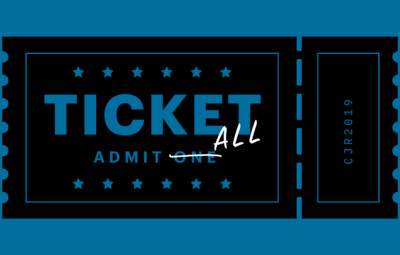
Certified Mess
By Jed Gottlieb — August 9, 2019
Even Rotten Tomatoes admits that movie-review aggregation is biased and broken. Is anyone ready to fix it?
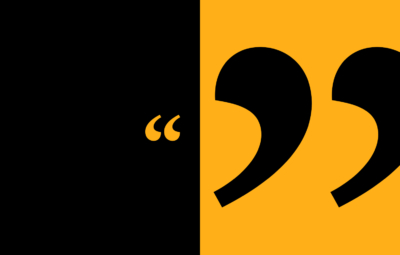
Misquoted
By the Editors — August 9, 2019
When movies get lousy reviews, studio marketing departments get creative.


